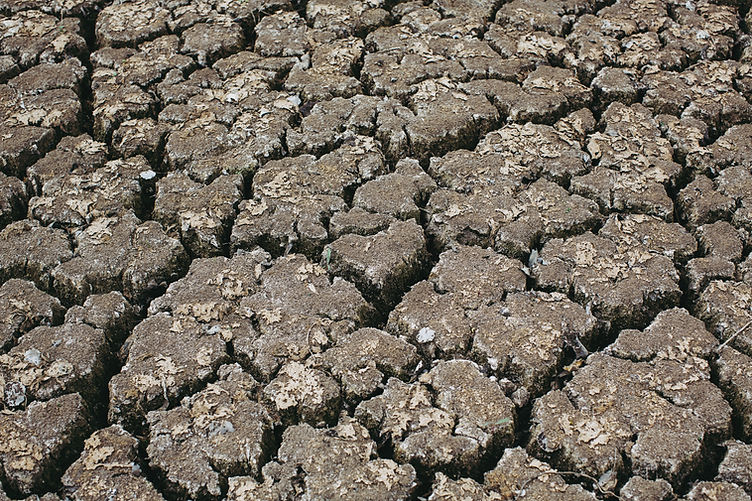
BOLIVIA
Empowering vulnerable women and children through reforestation and fruit tree planting in Bolivia.
PLANTING PARTNER
Association Voix Libres

Cochabamba and Potosí, Bolivia
The project aims to plant 10,100 trees annually spanning multiple communities in the highlands of the Potosí Department of Bolivia, around the Tunari National Park and in the community close to a landfill site in the Cochabamba Department of Bolivia. Climate change and pollution from landfill sites and mines have caused significant damage and affected these areas' living conditions, crops, ecosystems, and security. In the Tunari National Park, Increasingly frequent fires have only exacerbated these issues, with two fires in 2021 destroying over 800 hectares of forests and biodiversity in the Combuyo and Quenamari regions.
This reforestation and community empowerment programme intends to support vulnerable women and children out of poverty by building community resilience through reforestation, education, training, and agroforestry initiatives. Alongside reforesting fire-damaged areas, the project will plant ‘edible squares’ of fruit trees, employing and benefiting over 1000 women and young people. The project wants the communities to live in a more sustainable environment while benefiting from increased food security, soil regeneration and opportunities for education and entrepreneurship.
OUR IMPACTS.

11.5
Hectares of forest planted to date

100%
Indigenous planting team

10,100
Trees to plant per year
LOCAL IMPACT.

“I am so happy to reconnect with my culture and take care of Pachamama (Mother Earth)”
Maria Zarate, Tuctapari community (Bolivia)

IMPACT ON NATURE.
Climate change, land use and pollution severely impact the environment and the local population, causing drought, water scarcity, ecosystem and season disruption, falling crop yields, crises, soil degradation and erosion. In less than seven years, 312 fires were reported in Tunari National Park - with two large fires in 2021 destroying over 850 hectares of forest. This initiative aims to reforest the areas affected by these fires increasing biodiversity, improving soil conditions, stabilising weather and sequestering carbon and pollution from the atmosphere. The agroforestry fruit trees planted on communal lands and village squares will provide income and increase food self-sufficiency in these vulnerable rural areas. They will also decrease the communities’ reliance on old-growth forests for food and fuel. The reforestation sites will plant only native species and coordinate with local academic institutions to ensure these reflect the pre-disturbance species. In the case of agroforestry, the project will plant trees suitable for the activity's socio-economic goals and appropriate to the local ecosystem.
PROJECT IMPACT.
Environmental protection is almost non-existent in the area, with polluted soil and unprotected trees. Alongside the project's reforestation and community empowerment goals, planting partner Voix Libres plans to launch a reforestation program in the Park to educate and create a healthy and supportive ecosystem for the land and its inhabitants. They will showcase the importance of the forest as a source of rain, water, and oxygen and as a crucial way of reconnecting with the natural environment. Through women and youth empowerment and community resilience, families care for their lands and themselves and, in turn, share the values of respecting and preserving the environment with their children.

Project Gallery


















